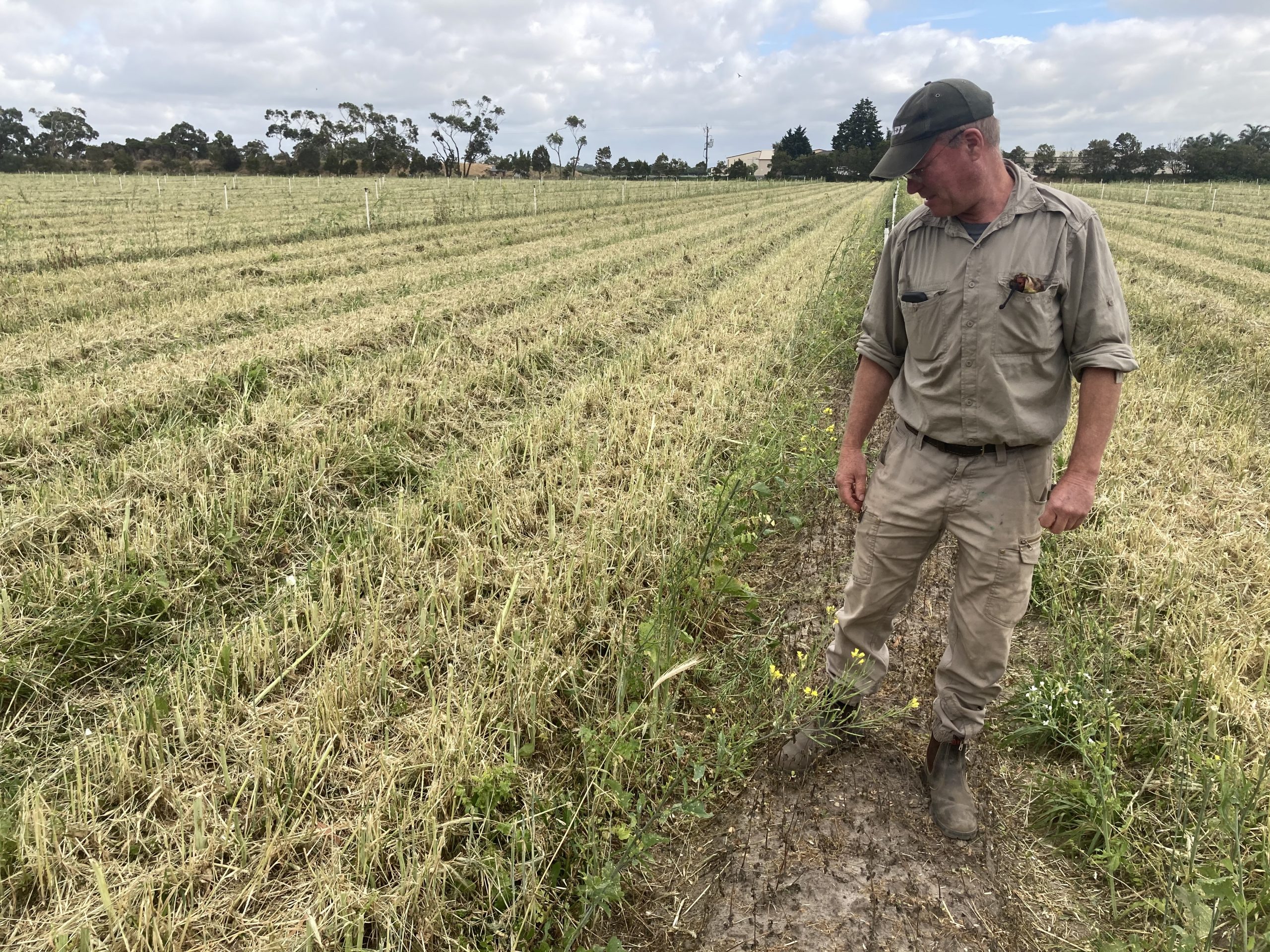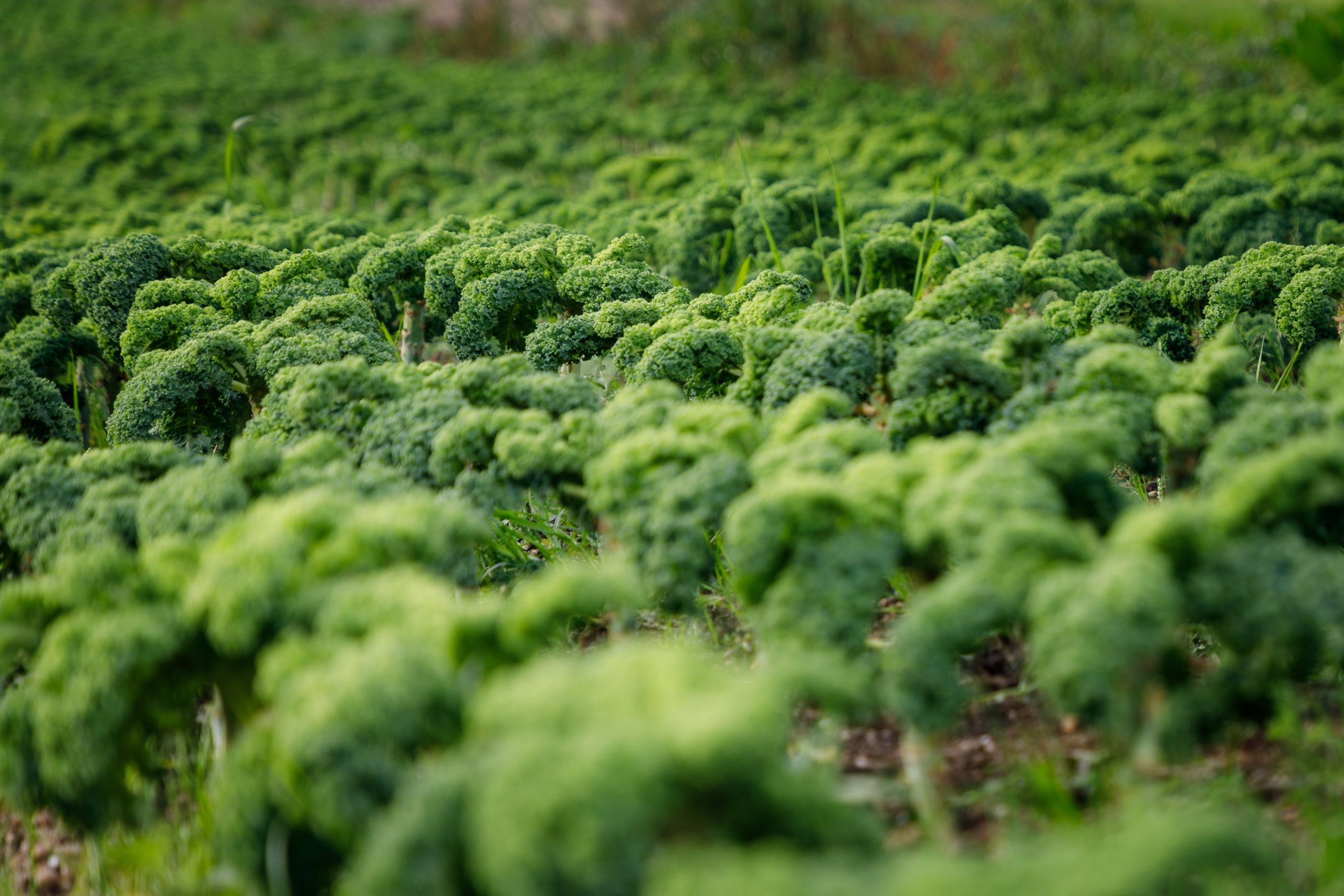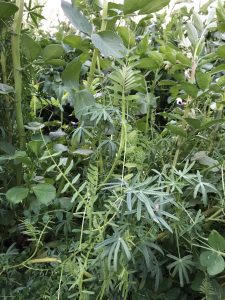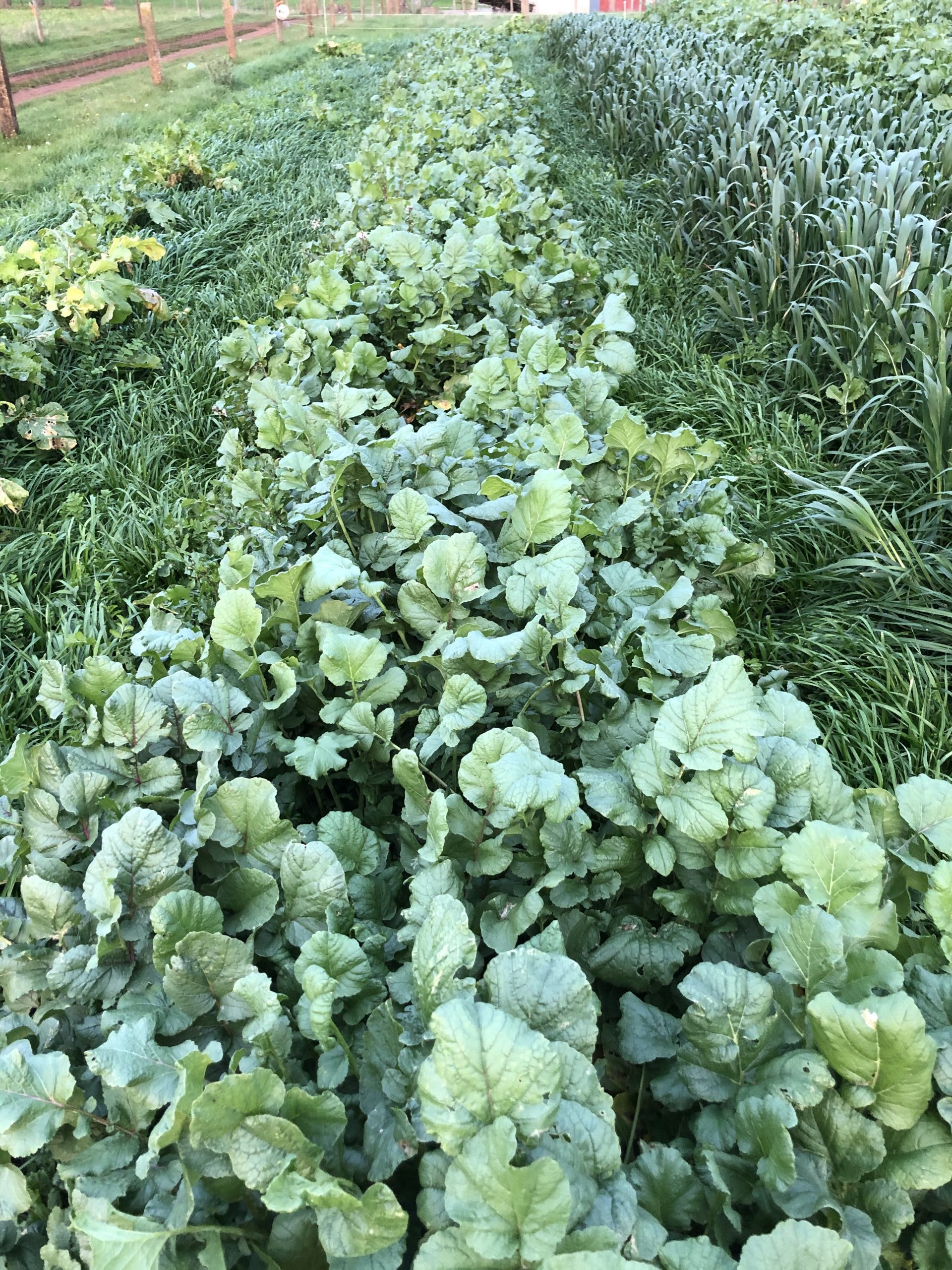
Vic veg growers put cover crops and IPM to the test
22 February 2021
VegNET – South Australia continuing to support the state’s veg growers
22 February 2021There is increasing interest in how cover crops can be utilised in cropping systems, and the benefits that arise from their use. The Tasmanian Agricultural Productivity Group (TAPG) has undertaken project work to demonstrate multi-species cover crops in a Tasmanian environment and how specific mixes can benefit growers in a range of scenarios, which are dependent on what the grower is looking to achieve. VegNET – Tasmania Regional Development Officer Ossie Lang reports.
In early 2020, a collaboration between the Tasmanian Agricultural Productivity Group (TAPG), the Tasmanian Institute of Agriculture (TIA), Serve-Ag and Soil First Tasmania, planted out a demonstration site at the Hagley Farm School in northern Tasmania. The purpose was to showcase six cover crop mixes, selected for six different cover cropping scenarios:
- Nematode suppression.
- Feed production.
- Weed suppression.
- Soil conditioning.
- Pathogen control.
- Nitrogen fixation.
Each mix had compaction applied to a portion of the plot, to simulate machinery traffic and demonstrate the impact this has on crop growth. The crops were harvested and weighed at the end of the growing period. These weights were then used to calculate growth per hectare.
“In all but one instance, the non‑trafficked areas performed better than the trafficked,” Serve-Ag agronomist and project member Julie Finnigan said.
“The exception was the soil conditioning mix, which had a higher wet weight in the compacted conditions than the non‑trafficked portion of the plot. This was due to the large tap roots that this mix put down, which is what this mix is selected to achieve.”

Above ground canopy of Lupins, vetch, tic beans and peas that will assist with natural nitrogen fixation. Images courtesy of Julie Finnigan from Serve-Ag.
Upcoming demonstrations
The TAPG is now undertaking a new project that will examine how cover crops can be integrated into an intensive cropping rotation at the Hagley Farm School. This project will be a collaboration between the TAPG, TIA, Serve-Ag, RM Consulting Group (RMCG), and Soil First Tasmania and will run through until the end of June 2022. The project is funded by the Federal Government’s Smart Farming initiative.
In addition to this, the project team will also demonstrate a range of cover crop termination techniques, and when they may be appropriate to use.
“This project will allow Tasmanian growers to see how cover crops can be included in their rotations, and the benefits that result,” TIA researcher and project member Dr John McPhee explained.
“Managing crop termination is an important element in ensuring growers maximise the benefits a cover crop provides. Different termination techniques, such as spraying or crimping, have different impacts on soil biology, moisture and organic matter.”
An important element of the new project will be the opportunity to share progress at the annual Ag Innovation Day run by TAPG (formerly the Precision Ag Expo). Here, the team will demonstrate to growers how cover crops can be utilised within their cropping systems along with how the various termination techniques can be used to best effect.
The Ag Innovation Day will be back on 14 April at the Hagley Farm School. Along with the cover crop demonstration, the organising committee will be putting an exciting program together looking at other important topics in precision agriculture, including machinery displays and guest speakers.
“The Ag Innovation Day has become an important chance for the Tasmanian agricultural industry to focus on the future, how food and fibre production will change, and what can be implemented now to set us up for success,” TAPG Executive Officer Terry Brient said.
“2021 is shaping up to be a great event. The organising committee and I are excited with the program that we are bringing together for the day.”
Keep an eye on the VegNET – Tasmania Facebook page and Twitter account for more details about the Ag Innovation Day, as well as other important events and information.
Find out more
Please contact Ossie Lang on ossiel@rmcg.com.au or 0430 380 414.
VegNET – Tasmania is a strategic levy investment under the Hort Innovation Vegetable Fund.
This project has been funded by Hort Innovation using the vegetable research and development levy and contributions from the Australian Government.
Project Number: VG19014
Cover image: A Nemat and Terranova Radish blend that will naturally assist with pest nematode suppression through the production and release of isothiocyanates.

